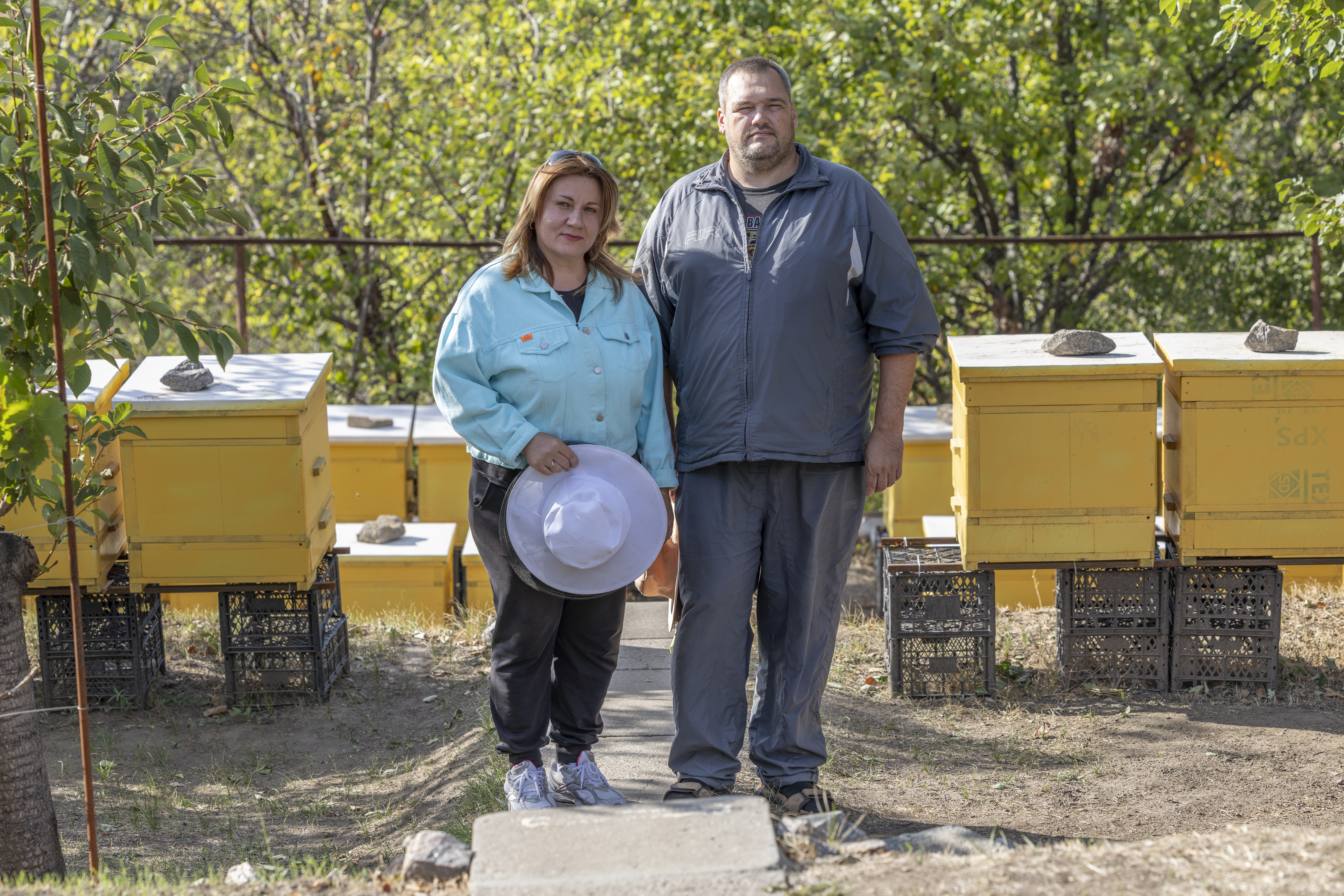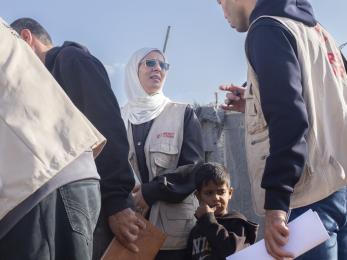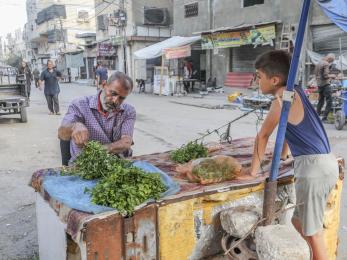In Puerto Rico, one community leader prepares for what's next
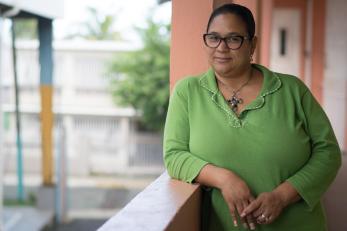
September 20, 2017, the day that Hurricane Maria made landfall, will live on forever in the minds and hearts of the people of Puerto Rico.
The damage done by the Category 4 storm was as severe as it was immediate. Almost the entire island was left without electricity for weeks to come. 3.4 million people suddenly had little-to-no access to clean water and limited access to food.
Maria Torres Ramos, the executive director of Association Pro Juventud y Comunidad de Barrio Palmas (APJ), a community center based out of Cataño, still worries about the possibility of another hurricane — but with our help and the help of caring community members who stepped up to help after the disaster, the community is rebuilding and preparing for whatever lies ahead.
“We’re definitely not ready for another hurricane,” Ramos says. “There’s a lot of people in the community that come to us and ask us if the association is ready for another hurricane. The association will be ready, but as people and individuals, no.”
That hasn’t stopped Ramos from doing all she can to increase preparedness in the community she holds so dearly and has been serving since she was a teenager.
Ramos has been working at APJ since high school, when she was a secretary intern. After her internship was finished she stayed on staff, worked through the ranks and became the executive director in 2015. Her center currently helps over 300 people per week.
Since its opening in 1984, APJ has been a social hub for the community. The center provides support for hundreds of people each week. Many community members depend on them for hot meals and food, which the center now delivers to elderly members of the community after the hurricane.
“All of the community. Kids, young people, young adults, and the elderly. Homeless people,” Ramos says of the people who frequent the center.
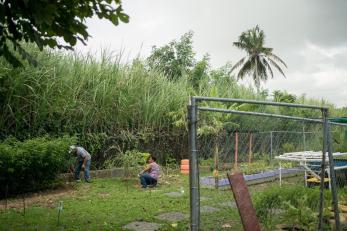
In addition to the services the APJ regularly provides, like tutoring, service learning and recreational activities, as a resilience hub, APJ provides other resources including individual and group counseling to those who need it as they cope with the traumatic events of Hurricane Maria and its aftermath.
Ramos has been working around the clock to serve her community and help rebuild after the storm. She’s constantly posting updates on the community center and board meetings to social media, running APJ and organizing volunteers to deliver food she cooks daily to the community’s elderly.
“These elderly people that I give food to, this is the only hot meal that they get every day. These are old people that are alone, they have no one to take care of them,” Ramos says. “A lot of them, they're not on bed rest, they just can't get away from their bed.”
When there is work to be done, Ramos is there. Tirelessly working to make her community a better place after facing unimaginable adversity.
In addition to being a social hub, APJ is also now a Resilience Hub — one of our six, soon to be 14, placed all around the island. Designed to be one-stop destinations for people in need, resilience hubs have freshly grown food from community gardens, emergency supplies, clean water and supplemental power to assist the community.
Mercy Corps’ Resilience Hub program is made possible by the generous support of partners like Walmart, The Miami Foundation and BlackRock.
Now, when another hurricane strikes, Cataño and the rest of Puerto Rico are ready.
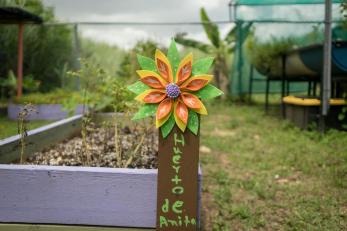
One prominent feature of the Resilience Hub at APJ is the community garden, which had been severely damaged by the hurricane.
“We had a thing that we used to call a garden, but then Maria took care of it and threw the whole thing out,” Ramos says. “So Maria, she blew away the fences. A tree fell on top of everything. The little plants we had, they died straight up from the root. The little things that we had were blown away.”
With the help of Elvin, one of our agricultural specialists who provided education, seeds and small plants and gardening materials, Ramos and members of her community were able to rebuild and revitalize the APJ community garden.
Ramos now hopes that the new garden can become a source of income for the community center. She hopes that the garden will produce enough food for her and the APJ to sell, in order to lower the costs of food that they cannot grow themselves.
We have also been working on bringing supplemental energy and clean water to the APJ and all the resilience hubs, to bring power to the community in more ways than one.
“Because what we’re going to bring with Mercy Corps is a drinkable water system and an energy system,” Ramos says. “In every activity, at every opportunity, I tell everyone that we have clean water and electricity coming. I let them know — Mercy Corps is giving me water and power!”
Ramos’ community isn’t the only one that’s struggling after Hurricane Maria. Even though it’s been over a year since the storm made landfall, communities all across the island are still facing day-long power outages, trauma and decreased livability that has caused some to leave the island entirely.
Resilience Hubs, paired with steadfast, dedicated leadership like that of Ramos are key to Puerto Rico’s recovery efforts. When leadership and resilience come together and inspire a community, anything is possible.
“The first thing [Mercy Corps] did is it brought peace to me,” Ramos says.
